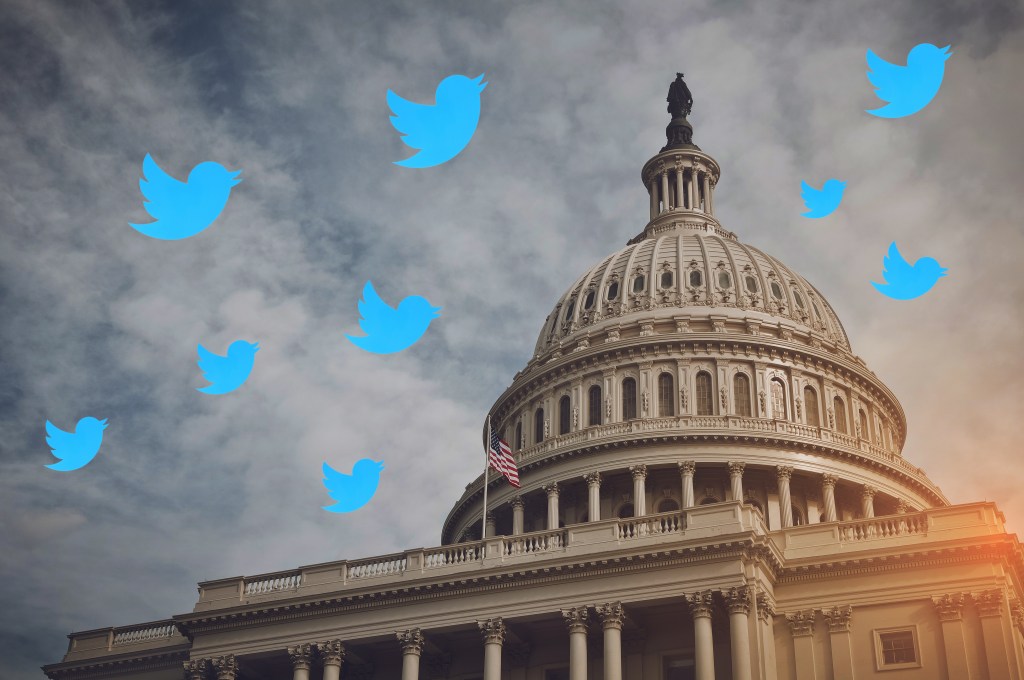When the federal government shuts down, who sends the official tweets? It depends on the agency and how essential those tweets may be.
The Department of Justice tweeted on Monday morning—entering day three of the shutdown—that “due to the lapse in appropriations, this account will not be updated regularly.”
Videos by VICE
The Federal Trade Commission also tweeted that its account—as well as the functions that allow consumers to file complaints or register for Do Not Call—will be down throughout the shutdown:
The US Consumer Product Safety Commission Twitter account, which typically provides daily delights of human idiocy, hasn’t posted anything since Friday. Neither has @NASA. The @usairforce account definitely knows there’s a shutdown happening, but is still tweeting.
USA.gov, an organization whose whole job is to disseminate information about the government to the masses, is regretfully not logged on:
As of 22 hours ago, the verified White House account seemed to be ignoring the shutdown, instead retweeting Paul Ryan and proclaiming “we won’t let the shutdown stop us from sharing.” The FCC is also still tweeting as of an hour ago. Ajit Pai log off.
The Bureau of Alcohol, Tobacco, Firearms and Explosives and ICE have announced their accounts will be inactive, but the TSA and State Department are still active as of Monday.
Arizona news outlet AZ Central noted that the National Parks Service announced its absence from social media on Facebook, and that the parks “do not monitor or update social media” during a shutdown.
So why the discrepancy?
Alex Howard, deputy director of nonprofit open-government advocacy group Sunlight Foundation, told me in a phone conversation that agencies use their own discretion on what staff is essential and who goes on furlough. For example, the Smithsonian Institution museums and zoo in DC, which are funded mostly through the federal government, made the choice to remain open at least through the weekend and Monday so as not to disrupt the public’s access to them. Rangers and guides may be less available, Howard said, but the National Mall and national parks stay open.
Similarly, agencies like the National Weather Service rely on Twitter to disseminate potentially important safety information to the public—that may be why it keeps posting to social platforms.
If an agency does stop updating its website during a shutdown, it’s legally required via the Paperwork Reduction Act of 1995 to notify the public of that change in access. The DOJ, NPS, and others have posted their notices Monday about their websites ceasing updates throughout the shutdown.
“The reason we’re seeing things like [the Justice Department’s notifications] go out is that they’re professionals over there, they’ve been through this before and they’re setting good expectations,” Howard said. The agency provided a PDF detailing the changes, and made it visible in as many locations as possible. All agencies should be doing something similar, but not all are.
“There’s been a real diminishment of public engagement and disclosure in this administration,” Howard told me. “A shutdown is a classic time to see how they approach that, to see whether the public commons of knowledge and resources on the internet is maintained and allowed to be, or is taken away.”
Keeping the Smithsonian and parks open is a clear benefit to the people using those resources, but the internet is just as vital in 2018. “The degree to which [websites and social media] are maintained, and agencies update people about the decisions they’re making, will be a decent measure of where this administration stands in terms of its understanding of—and acting on—basic public information and engagement,” Howard said.




